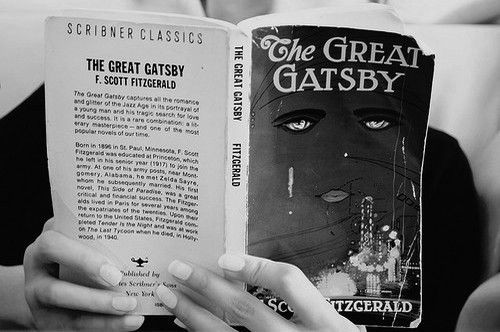Scott Fitzgerald’s “The Great Gatsby” is considered one of the greatest American classics ever written. Till date, the novel has sold at least 30 million copies worldwide, been a part of the curriculum in various US schools and left a lasting impression on popular culture. It has been subjected to various theatrical and film adaptations, as well as scholarly examinations.
Its popularity has endured with both the public and professional critics. What is curious is the history of said popularity. Who would have thought that this classic, considered a gem of twentieth century literature, was initially branded a ‘dud’. At first it sold less than 20,000 copies, as opposed to Fitzgerald’s hopes of 75,000.
Critical reception was mixed. Fellow writers and many critics were full of praise but most, especially the public, remained unimpressed. One critic claimed that The Great Gatsby signalled the end of Fitzgerald’s creativity.
The writer was devastated. He had high hopes for this novel and considered it his greatest achievement.
So, what exactly was the reason behind this gem’s failure to shine?
It appears that most people had completely failed to understand the profoundness of the story. Many read it as just another crime or mystery novel. Furthermore, the public at that time failed to relate to a story set in the Jazz Age.
The author himself asserted that most reviewers had not understood his work.”Of all the reviews, even the most enthusiastic, not one had the slightest idea what the book was about”, he remarked.
This statement was probably true. At first glance, the book is a murder mystery set in a glamorous set-up and a backdrop of romance. The rags-to-riches hero hopelessly in love, the beautiful heroine he yearns for, her faithless husband who stands between them, etc etc. Nothing too remarkable, right?
Wrong. What is remarkable about this story can be read in-between the lines. It is not a mystery. It is not a romance. This book is 218 pages of deep analysis, astute observations, profound self-introspection and subtle yet cutting criticism of a decadent society.
The protagonist is a man who achieved his wealth by criminal means. His whole life (and even his death) revolves around one woman. The object of his adoration is a depressed creature convinced that there is nothing more she can aspire to be than ‘a beautiful little fool’. The narrator seems to be the only character not afflicted by a horde of vices.
The whole book criticises the idea that wealth can buy happiness, that glamour equals beauty, that love is some trophy you can compete for.
This novel got the appreciation it deserved in a decidedly unconventional manner. During the Second World War, books were mass distributed among soldiers. Among these was The Great Gatsby. For the first time, it attained a wide audience. And at long last, the public were impressed.
Years after its author’s death, the book was dusted and re-examined. The confusion was cleared and the praises started flowing. “My God, I am a forgotten man”, Francis Scott Fitzgerald lamented to his wife Zelda in April 1940. Well, he ought to be glad to be mistaken.
Andleeb Bilal
Class X
(Edited by: Sana Khursheed)
